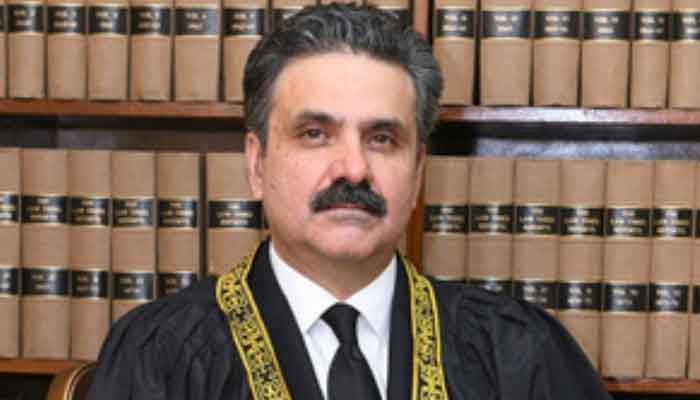Chief Justice of Pakistan (CJP) Yahya Afridi clarified during a Judicial Commission of Pakistan (JCP) meeting on Friday that the JCP is not empowered to deliberate on the 26th Constitutional Amendment. He emphasized that after this amendment, a constitutional bench committee holds authority to handle constitutional cases.
Justice Syed Mansoor Ali Shah, a senior Supreme Court judge, proposed forming a full court to address identical petitions challenging the amendment. However, most JCP members backed CJP Afridi’s position.
The commission unanimously prioritized framing procedural rules and setting criteria for judge evaluations and appointments. Meetings of the JCP (Central), JCP (Sindh High Court), and JCP (Peshawar High Court) were held on Friday, chaired by CJP Afridi, with Justice Munib Akhtar attending remotely.
Key agendas included forming a rules committee, nominating judges for constitutional benches, and considering appointments for additional judges in the Sindh and Peshawar High Courts. CJP Afridi authorized the creation of a drafting committee, comprising:
- Justice Jamal Khan Mandokhail (Chairman)
- Mansoor Usman Awan (Attorney General for Pakistan)
- Senator Barrister Syed Ali Zafar
- Senator Farooq H. Naek
- Akhtar Hussain (Senior Advocate SC).
The committee, supported by JCP Secretary Niaz Muhammad Khan and two Supreme Court research officers, will submit draft rules by December 15, 2024.
The JCP approved Justice Shahid Bilal Hassan’s nomination for constitutional benches and extended deadlines for additional judge nominations to December 10, with decisions on appointments deferred to December 21. Justice Adnanul Karim Memon and Justice Agha Faisal were nominated as Sindh High Court constitutional bench judges by majority vote.
Prominent attendees included SC judges, federal and provincial law ministers, attorneys, and bar council representatives, showcasing comprehensive participation in judicial deliberations.










